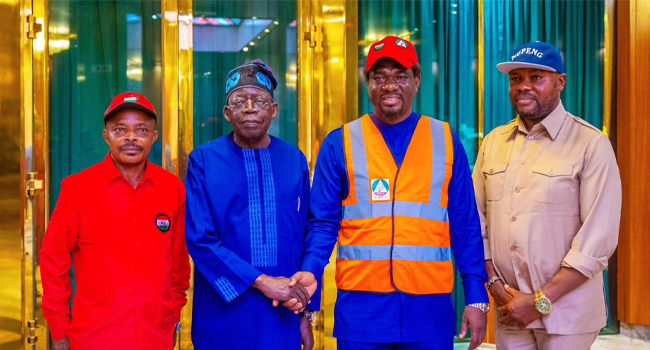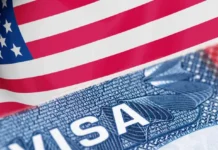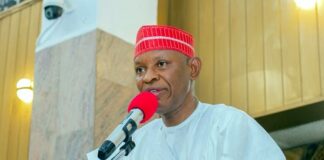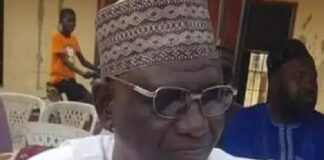Minimum Wage: Tinubu, Organised Labour To Meet On Thursday
Negotiations have been ongoing for some time to determine a new minimum wage for Nigerian workers. The Minimum Wage Act of 2019, which established ₦30,000 as the minimum wage, expired in April 2024
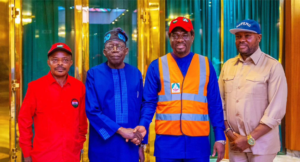
President Bola Tinubu is scheduled to meet with Organized Labour in Abuja on Thursday to continue discussions on a new minimum wage for workers in Nigeria.
newsheadline247 understands that the President has invited the leadership of the Nigeria Labour Congress (NLC) and the Trade Union Congress (TUC) to the meeting, which will take place at the Aso Villa in the nation’s capital.
During the meeting, the President is expected to decide on the government and private sector’s proposed ₦62,000 minimum wage and the Organized Labour’s demand for a ₦250,000 minimum wage.
This meeting comes approximately a month after the President mentioned in his Democracy Day speech on June 12, 2024, that an executive bill on the new national minimum wage for workers would soon be sent to the National Assembly for consideration.
On June 25, the Federal Executive Council (FEC), chaired by the President, postponed the discussion and deliberation on the memo concerning the new minimum wage to allow for more engagement with stakeholders. Two days later, at the 141st meeting of the National Economic Council (NEC), President Tinubu and Vice President Kassim Shettima met with governors of the 36 states of the Federation and ministers to discuss a new minimum wage for workers.
Negotiations for a new minimum wage for Nigerian workers have been ongoing for some time. The Minimum Wage Act of 2019, which set ₦30,000 as the minimum wage, expired in April 2024. The Act is supposed to be reviewed every five years to align with the current economic needs of workers.
President Bola Tinubu established a Tripartite Committee in January to negotiate a new minimum wage for workers. The committee comprises representatives from Organized Labour, federal and state governments, as well as the Organized Private Sector. However, the committee members failed to reach an agreement on a new realistic minimum wage for workers, leading to labor declaring an indefinite industrial action on Monday, June 3, 2024, which paralyzed businesses and essential services.
The labor unions asserted that the current minimum wage of ₦30,000 is insufficient to support the well-being of an average Nigerian worker, emphasizing the need for a more economically realistic offer from the government in line with current inflationary pressures, attributed to policies such as petrol subsidy removal and forex window unification.
Following assurances from the President that he was committed to a wage above ₦60,000, labor “relaxed” its strike on June 4, 2024. Both the Trade Union Congress (TUC) and Nigeria Labour Congress (NLC) leadership resumed talks with representatives of the Federal Government, states, and the Organized Private Sector.
On Friday, June 7, 2024, the two sides (labor and the government) failed to reach an agreement.
While labor reduced its demand from ₦494,000 to ₦250,000, the government increased its initial ₦60,000 offer to ₦62,000. Both sides submitted their reports to the President, who is expected to make a decision and send an executive bill to the National Assembly for the passage of a new minimum wage bill, to be signed into law by the President.

